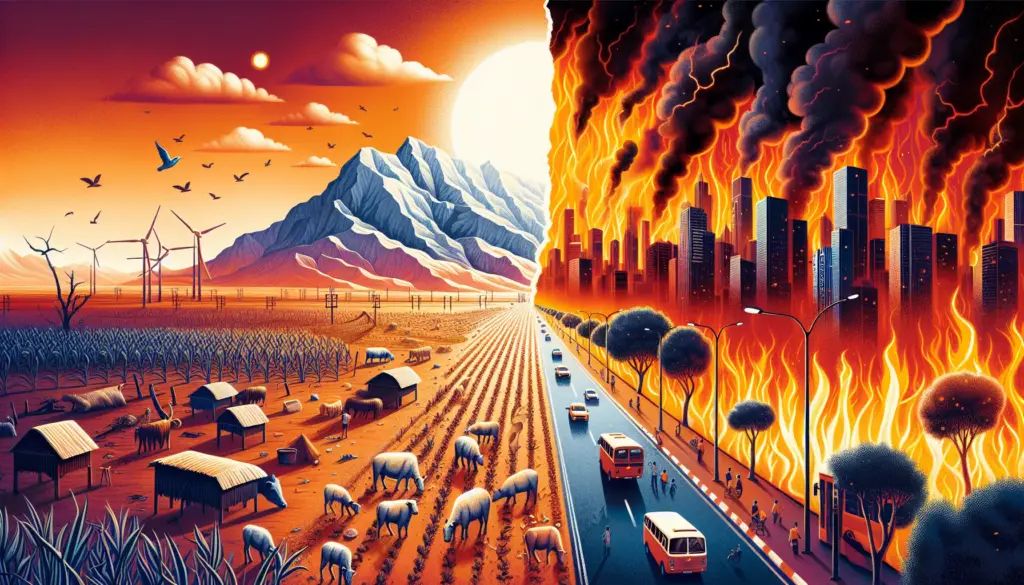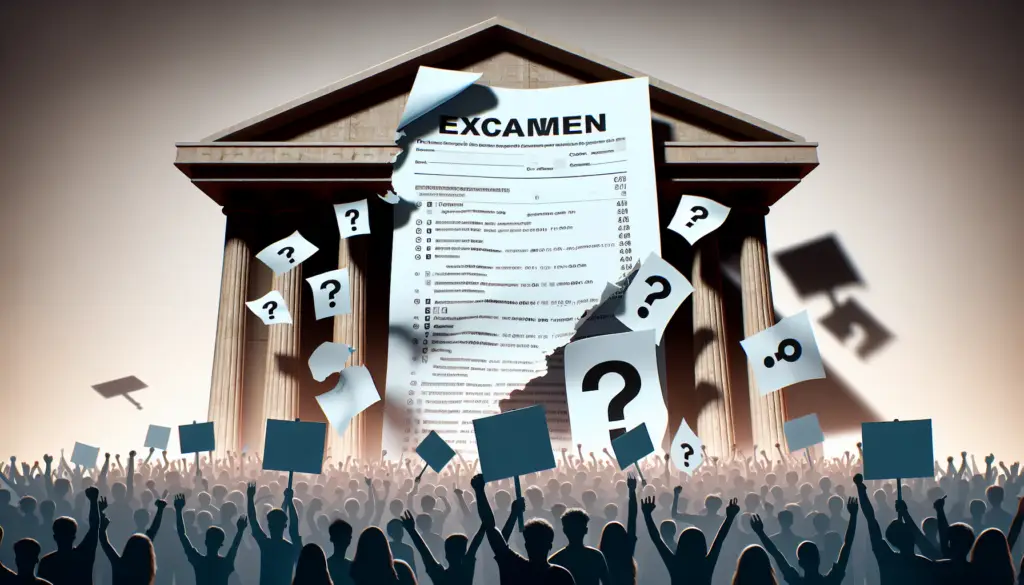Narendra Modi: Childhood and Early Political Career
Narendra Modi journey began as an average student at the Bhagavatacharya Narayanacharya School. Though he loved acting in school plays, he would refuse to participate if he didn’t get the lead role. At the age of 8, Modi came into contact with the Rashtriya Swayamsevak Sangh (RSS) and became a child volunteer in the Vadnagar branch. This marked the beginning of his political involvement, which eventually led him to the Bharatiya Janata Party (BJP) in 1987.
Narendra Modi rise through the ranks was rapid, and he was seen as an exceptional organizer. During the 1990 Ram Rath Yatra, he played a key role in organizing the Gujarat part of the event. In 1995, he was appointed as the National Secretary of the BJP, and in 2001, he was appointed as the Chief Minister of Gujarat.
Narendra Modi: The Communal Narrative and the Riots
After the 2002 riots in Gujarat, Modi was accused of many charges, but he eventually received a clean chit. This incident led to the branding of “Communal Narendra Modi,” an unwavering Hindu who is against all Muslims. However, the reality is much more complex.
Narendra Modi: The Two-Faced Politician
Narendra Modi’s public persona is a carefully crafted image, designed to appeal to different segments of the population. While he makes a lot of noise about mutton and fish in his speeches, he also takes donations from Halal Beef Exporting Companies through electoral bonds. Similarly, he has expressed concern for the River Ganga, but when Swami Sanand wrote letters to the Prime Minister’s Office regarding the river’s pollution, they received no response.
Modi’s speeches are tailored to the specific needs of each state. In Uttar Pradesh, he emotionally manipulates people with the holy cow, while in Kerala, he promises quality beef in exchange for votes. In Goa, Amit Shah stated in 2015 that they had no plans to ban beef in India. This strategy of forging emotional connections with the people of each state is a clear attempt to garner votes.
Broken Promises and Unfulfilled Pledges
Modi’s pre-2014 election slogans, such as “Neither be corrupt, nor allow others to be,” “We’ve had enough of inflation,” and “The Parliament would be as pure as the River Ganga,” have all been forgotten. The Make in India lion, once a prominent symbol, has disappeared from election posters. Promises like Achhe Din, cleaning the Ganga, and bringing back black money have all reached their expiry dates.
Related Article : Mars Unveiled: Exploring Time and Space
The Reward-Punishment Model
Modi’s strategy of reward and punishment is not limited to politicians. He has used this model to control various institutions, including the judiciary, media, and academia. Appointments to key positions, such as the Election Commission, Reserve Bank of India, and Central Board of Film Certification, have been made based on loyalty to Modi rather than merit.
The lateral entry scheme in the bureaucracy has also been used to bring in Modi loyalists, while critics and dissenters have faced consequences, such as raids, income tax surveys, and even the premature retirement of senior officials.
The Authoritarian Mentality
Psychologist Ashish Nandy’s interview with Modi years ago left him shaken, as he recognized the traits of an authoritarian personality in the Prime Minister. Nandy saw in Modi a puritanical rigidity, a constricted emotional life, and a huge ego that hides an underlying insecurity.
Modi’s hunger for power and control has led him to label critics as traitors, threatening and insulting them. This authoritarian approach is a threat to India’s democracy and the Constitution. The country needs leaders who are accountable, humble, and willing to listen to expert advice, rather than those who seek to assert psychological dominance over the people.

Conclusion
Narendra Modi’s two-faced nature, broken promises, and authoritarian tendencies have raised serious concerns about the future of India’s democracy. It is time for the people to choose leaders who will protect the Constitution, uphold the rule of law, and work for the welfare of all citizens, not just a select few. The future of India depends on the choices we make today.

